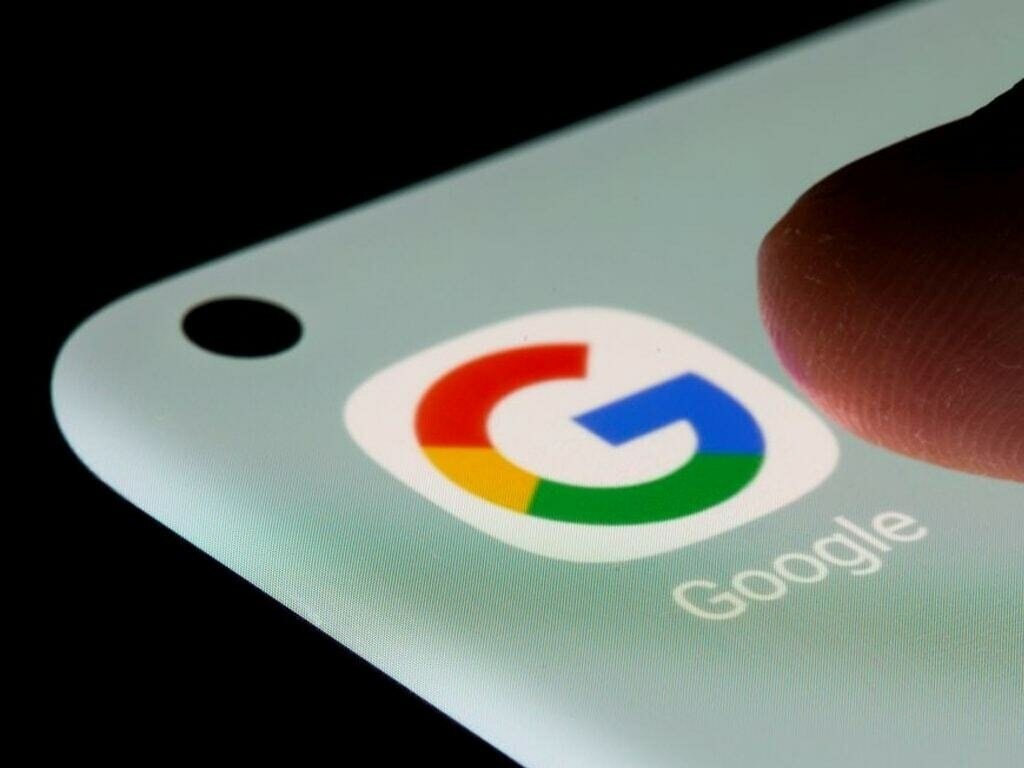
There have been reports of a malicious Android Malware known as ‘Goldoson’ causing significant damage to Google Play Store and Android applications through a malicious library. This library is utilized by developers in their applications, making it a direct concern for the users.
In response, the government has taken strict measures, including the imposition of legal action against infected Google Play apps. Users have been cautioned to exercise caution when installing or downloading apps, even from trusted sources. It is recommended to follow best practices such as filtering app permissions, verifying developers’ legitimacy, and checking app reviews.
The government has issued a warning stating that the Android Malware Goldoson has allegedly infiltrated the Google Play Store through approximately 60 legitimate apps. Goldoson is capable of collecting information about installed applications, as well as WiFi, Bluetooth, and GPS data related to nearby devices.
The malware also engages in ad fraud by secretly clicking on ads in the background without the user’s knowledge or consent. McAfee Mobile Security has identified this threat as Android/Goldoson and offers protection against it and other mobile threats. The government advisory reveals that nearly 60 dedicated apps facilitated the infiltration of Goldoson into the Google Play Store.
Goldoson is a part of a third-party library that is commonly used by developers and researchers. It has the ability to gather various data from mobile devices, including app details, GPS location, and connected devices. Additionally, it performs advertisement fraud by generating clicks on ads without the user’s permission. It manipulates HTML code to load web pages in the background, thereby increasing traffic and generating profits.
While Google Play has already blacklisted the mentioned apps, users are advised to manually check and remove them if they were previously installed on their devices. It is crucial for users to remain vigilant and proactive when downloading apps, even from trusted sources. Implementing best practices such as restricting permissions, verifying app reviews and legitimacy, and conducting thorough research can help mitigate the risk of being affected by malicious malware and ensure device and personal information security.
Enabling Google Play protection and installing reliable Anti-spyware and Anti-virus software are additional measures to enhance device security. Users are urged to exercise caution before clicking on any websites provided in messages, and it is always recommended to review app details, user reviews, download numbers, and additional information sections for better judgment and safety.
